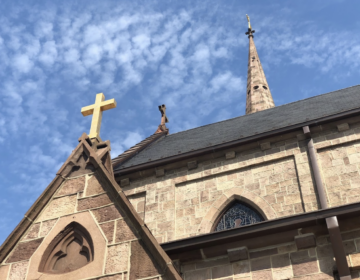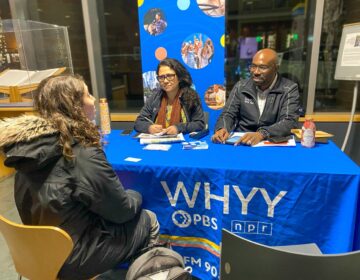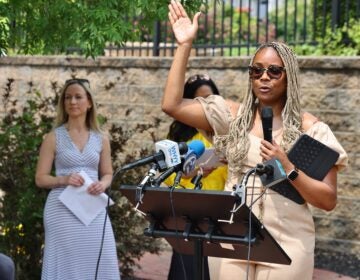April school election in N.J. becoming a thing of the past
April used to be the cruelest month for New Jersey school boards as they struggled to convince voters to pass their annual budgets. Not this time, at least for the 85% of districts who took a newly-legislated option to move elections to November and bypass budget votes entirely, as long as the budget was under the 2% cap.
This is commentary from education blogger Laura Waters of NJ Left Behind.
April used to be the cruelest month for New Jersey school boards as they struggled to convince voters to pass their annual budgets. Not this time, at least for the 85 percent of districts who took a newly-legislated option to move elections to November and bypass budget votes entirely, as long as the budget was under the 2 percent cap.
Amazing what can happen in a few years.
As recently as 2008, Senator Shirley Turner tried (for the umpteenth time) to push a bill through the Senate Education Committee that would do exactly that: move school elections (the only budget subject to public approval) to a day when people actually vote. The bill squeaked through by a vote of 3-2 and then went to the Senate, where then-Senate President Dick Codey buried it.
At the time, Senator Turner described the strange custom of April elections: “It’s like having a party and nobody showing up. Just think of the waste of money for the elections alone…It seems like it has stalled ever since [former Assembly Speaker] Joe Roberts left. It gets through a few committees but never gets posted for a final vote.”
A year later in 2009 Assembly Democrat Wayne DeAngelo proposed similar legislation in his section of the Statehouse. That bill never even made it out of committee. Yet at the tail end of the Legislature’s lame duck session this past December 2011, Bill 4360, sponsored by Assemblyman Lou Greenwald, passed without a murmur of dissent.
What changed?
Why did the school election bill whimper haplessly for years, only to suddenly find its mojo and do a touchdown dance?
Two factors figured into this massive change of heart on the part of not only legislators but also the bill’s primary detractors, the New Jersey Education Association and the NJ School Boards Association.
The first factor was the Statehouse passage in July 2010 of the 2 percent cap on municipal and school budgets. Previously school budgets had been capped at 4 percent.
The newly-lowered cap changed the way school districts and the public viewed school expenditures. Much of your local school district’s budget is payroll and benefits. There are other fixed costs too, impervious to local control: energy, transportation, tuition for students who attend out-of-district special education schools. Only a small fraction of the total budget is subject to tinkering, and the 2 percent cap sent spreadsheets into deep-freeze. Let’s say you have a budget of $50 million. Two percent of that is $1 million, easily eaten up by contractual increases. There’s just not much to talk about. Or vote about, for that matter.
At the time of the passage of the 2 percent cap, NJEA President Barbara Keshishian warned, “This is a dark day for democracy and public education in New Jersey.”
Not so much.
A 2 percent cap works fine within our new fiscal reality. (It’s no coincidence, by the way, that negotiated annual salary increases for union members were, pre-2010, about 4 percent- 4.5 percent and now are tracking at about 2%-2.5 percent.)
The second factor that made November elections palatable was a shift in strategy by both NJEA and NJSBA. Back in 2008, both groups had lobbied hard against a shift from April elections, arguing, as NJSBA said, that “November board member elections would result in partisan politics dominating local education issues on a wide scale, in spite of best efforts to prevent it from occurring.” NJEA echoed that thought: “This move would politicize what is currently a non-partisan election process.”
But over the last few years other educational issues have become more pressing: tenure reform, charter school expansion, corporate-sponsored school vouchers, school funding, and intractable achievement gaps. In addition, the steel-toed boot of NJEA in the Statehouse is now more like a moccasin. The dispute over April vs. November elections started to acquire a patina of trivia and, in the context of more contentious issues, passed easily through the Legislature.
For the 70 districts who decided to keep elections in April, Tuesday wasn’t so cruel: 63 of those budgets passed voters’ scrutiny. It’s likely, however, that the hold-outs will slowly trickle over to November dates and April elections will disappear from Jersey’s landscape.
Laura Waters is president of the Lawrence Township School Board in Mercer County. She also writes about New Jersey’s public education on her blog NJ Left Behind. Follow her on Twitter @NJleftbehind.
WHYY is your source for fact-based, in-depth journalism and information. As a nonprofit organization, we rely on financial support from readers like you. Please give today.




